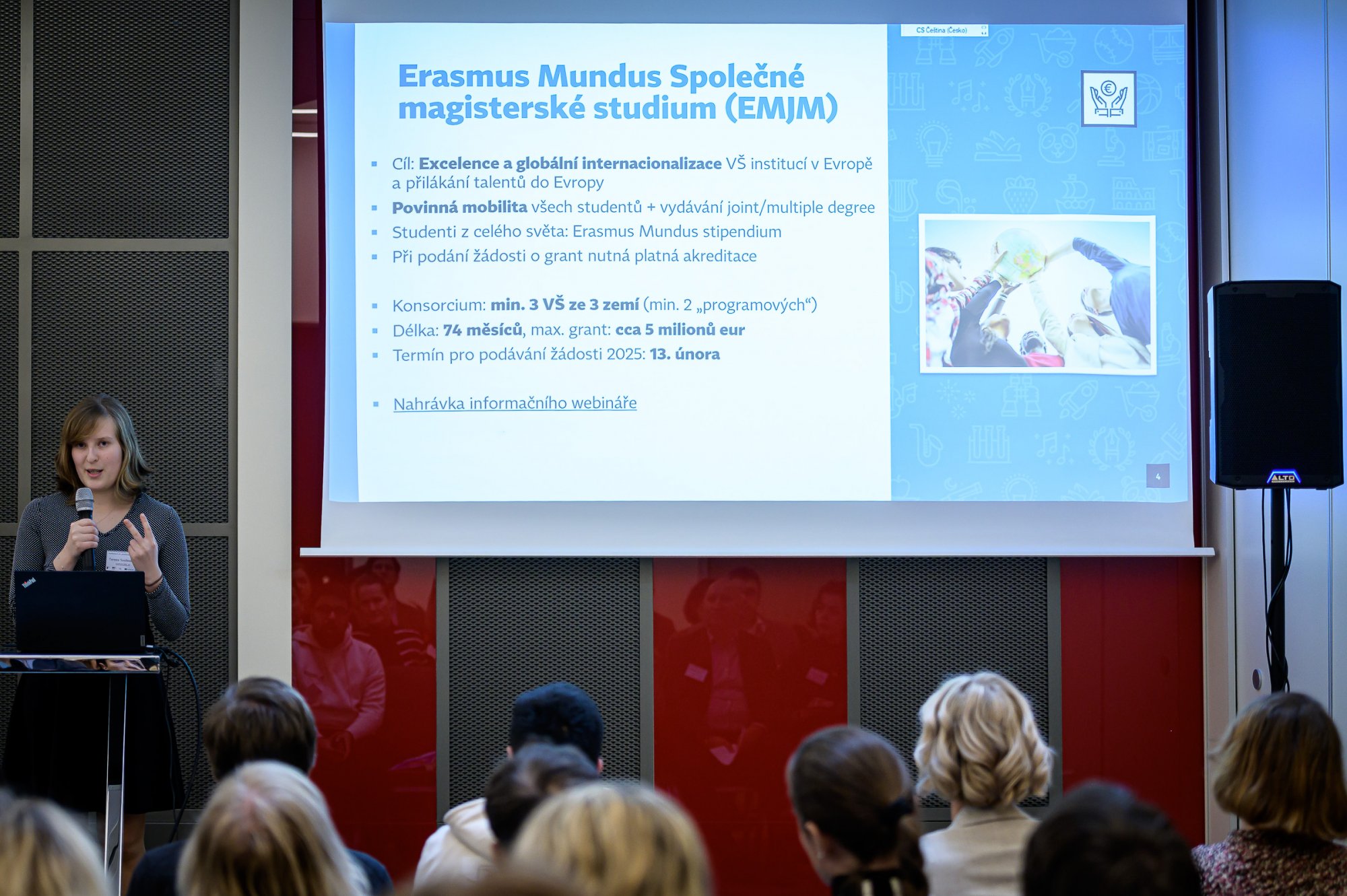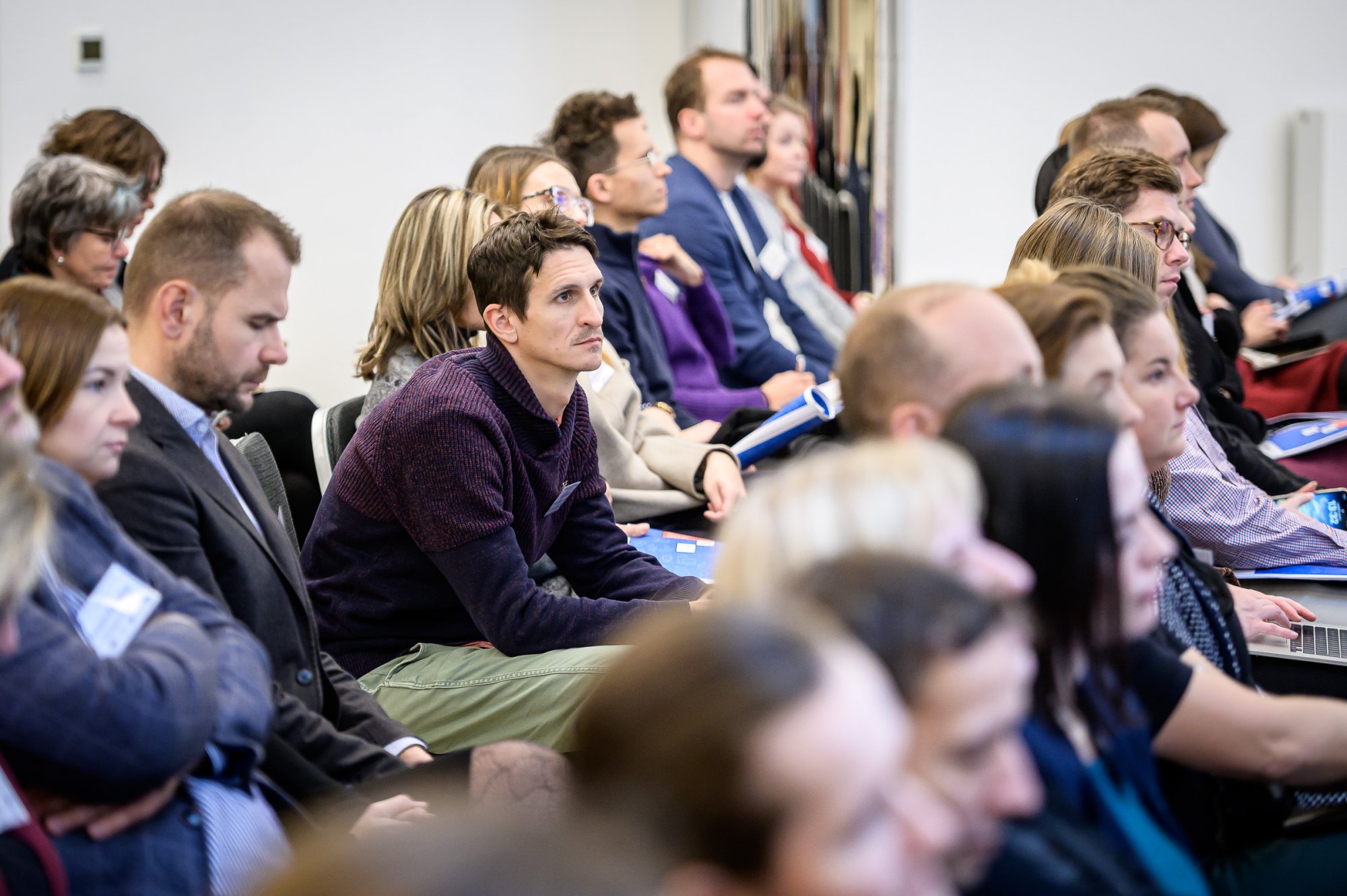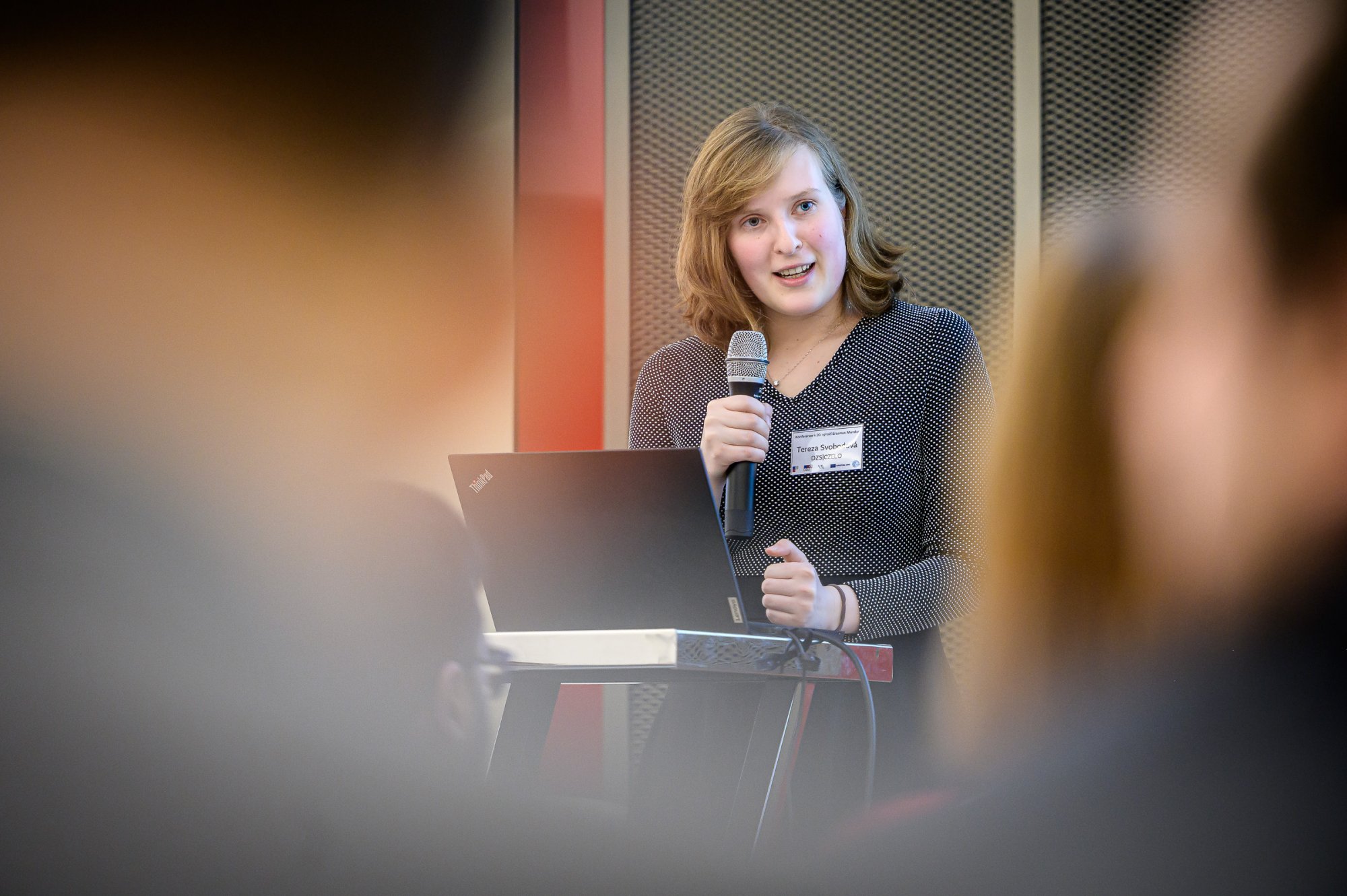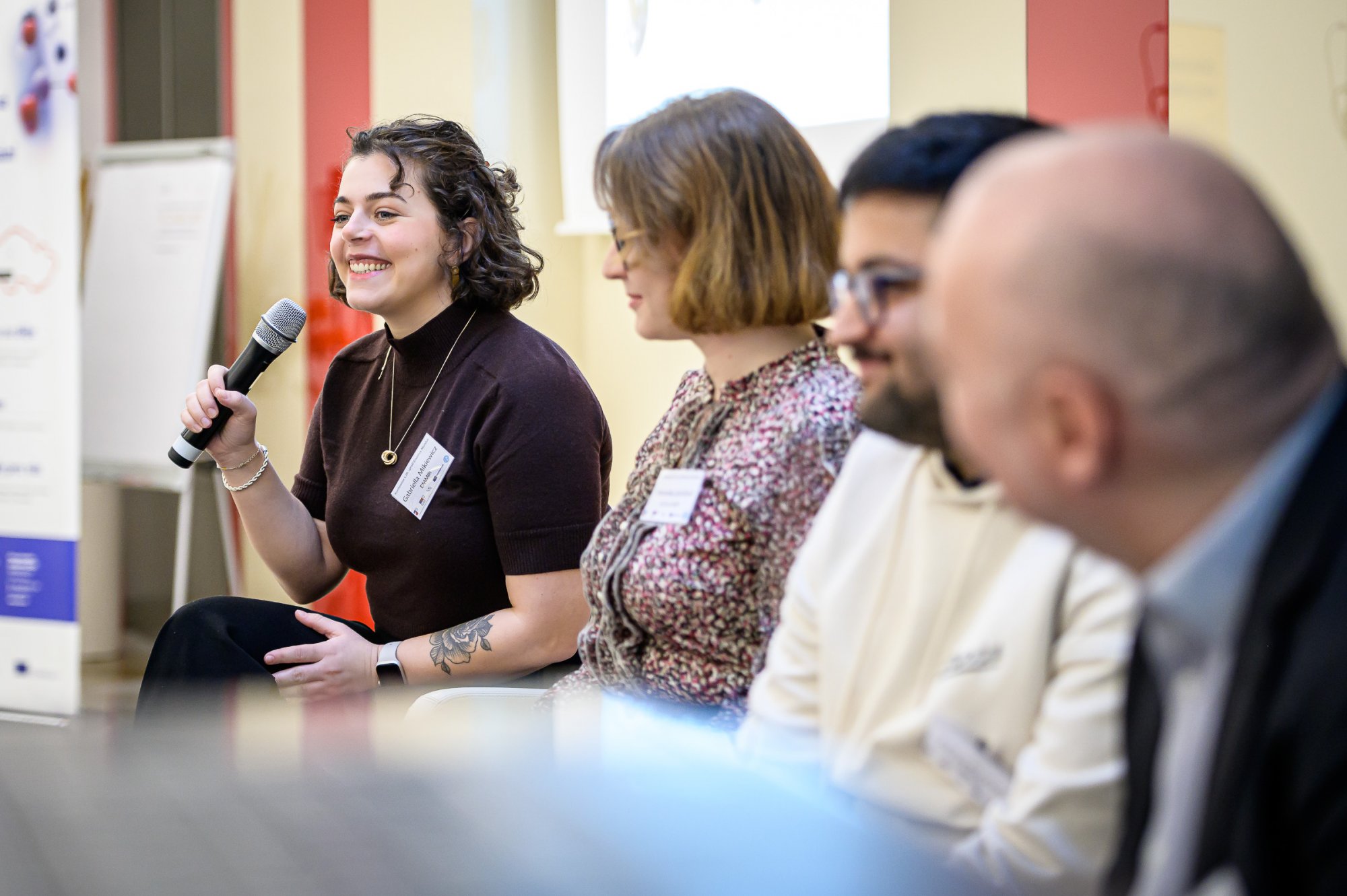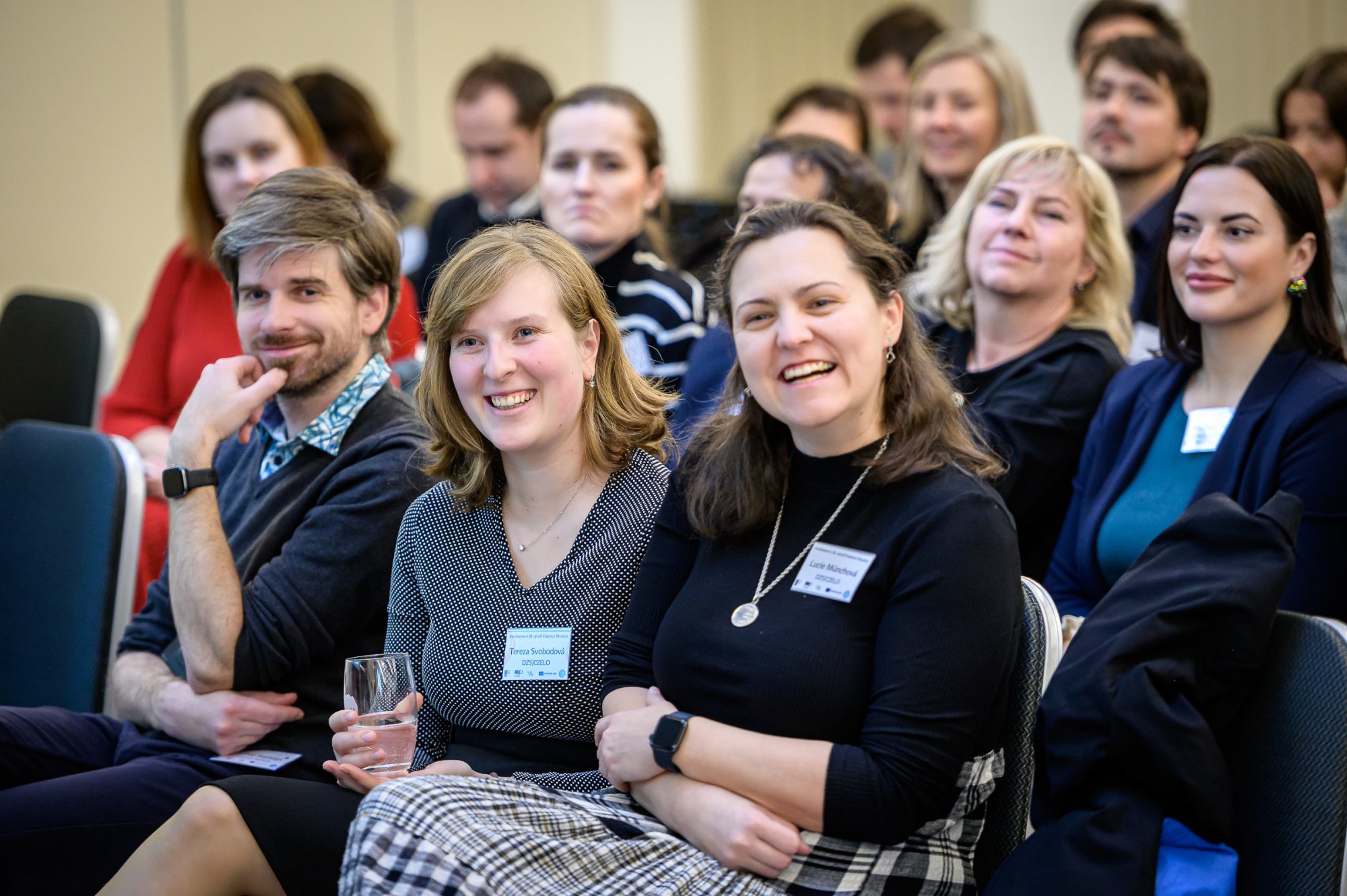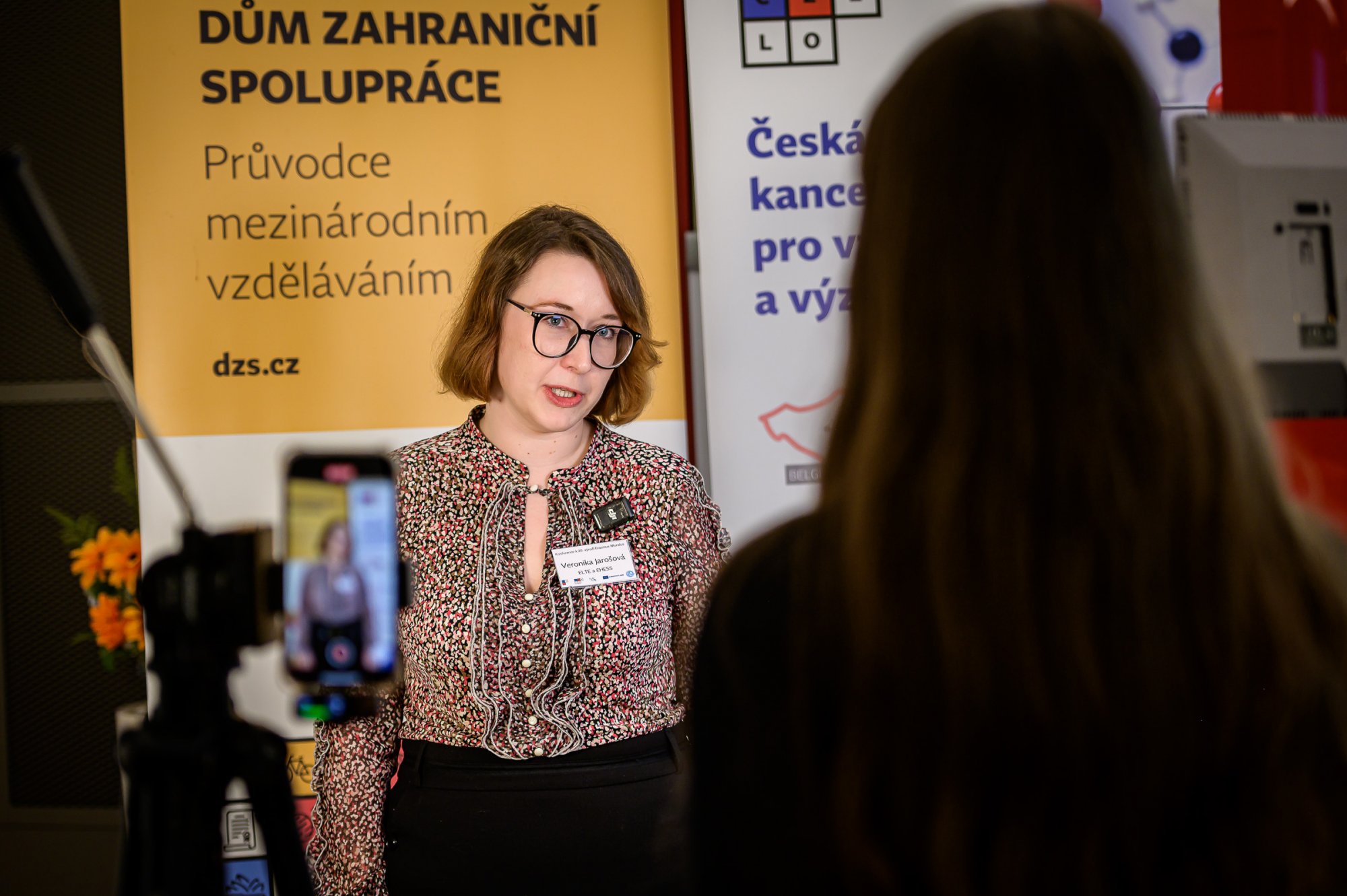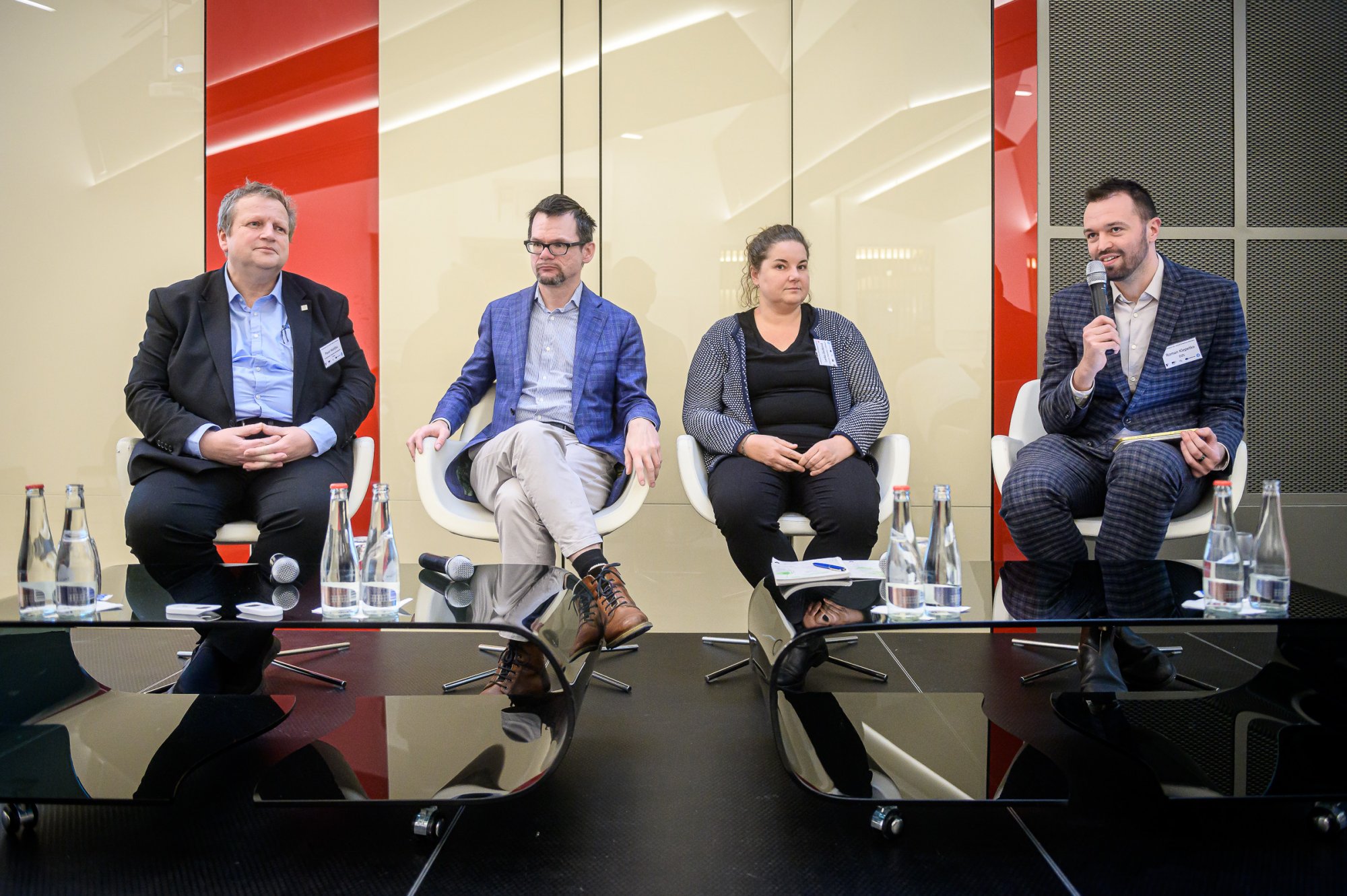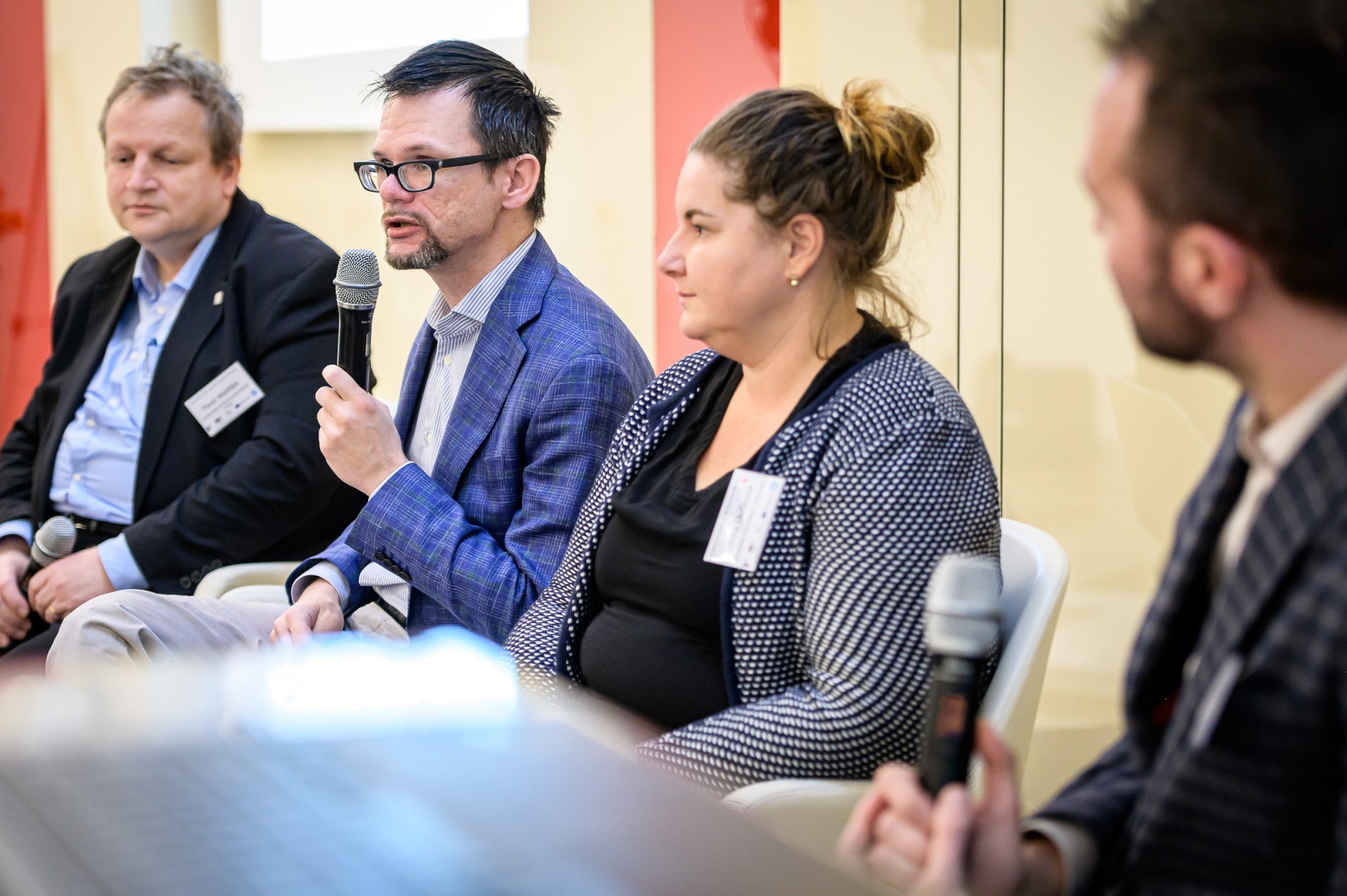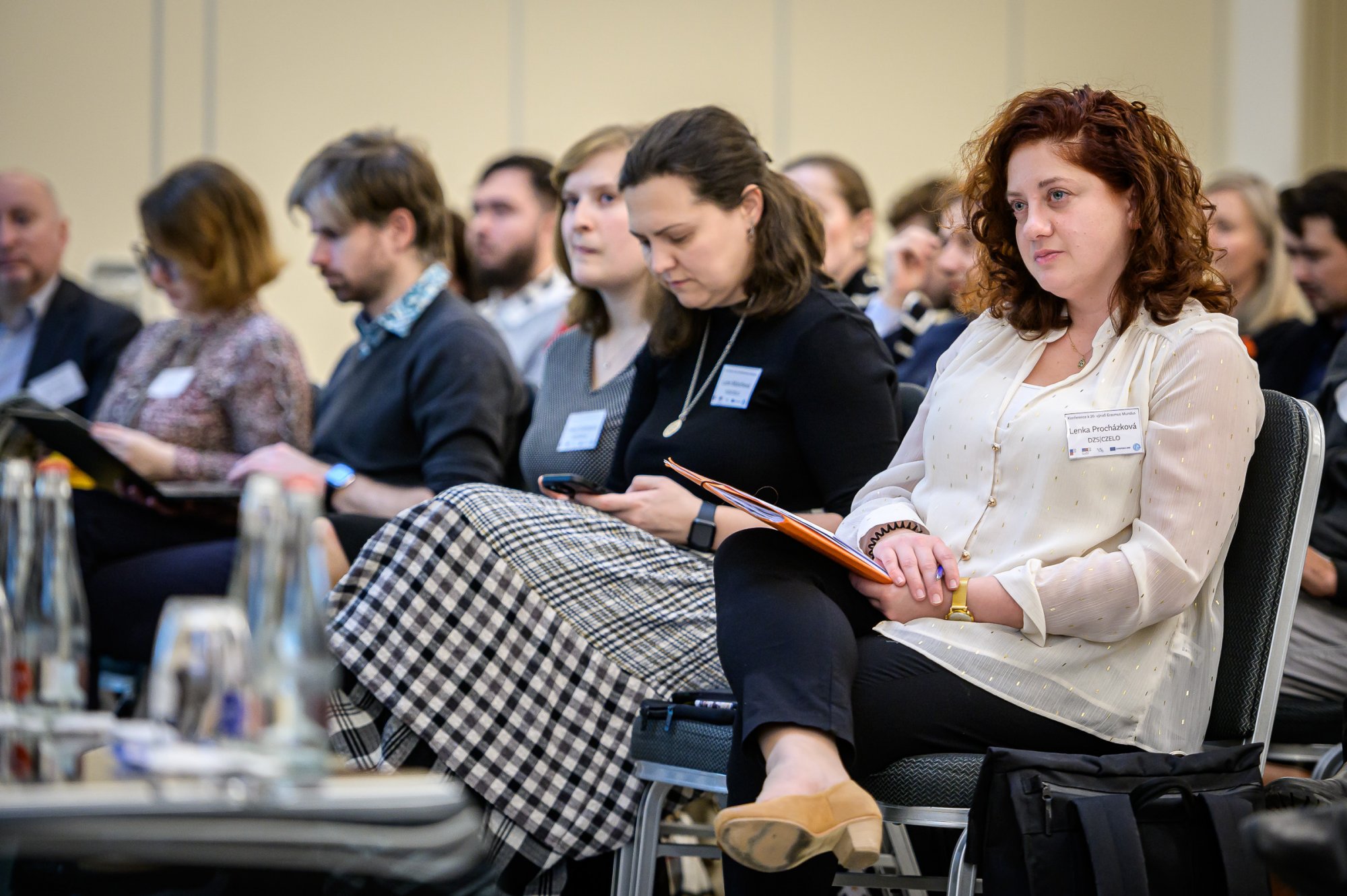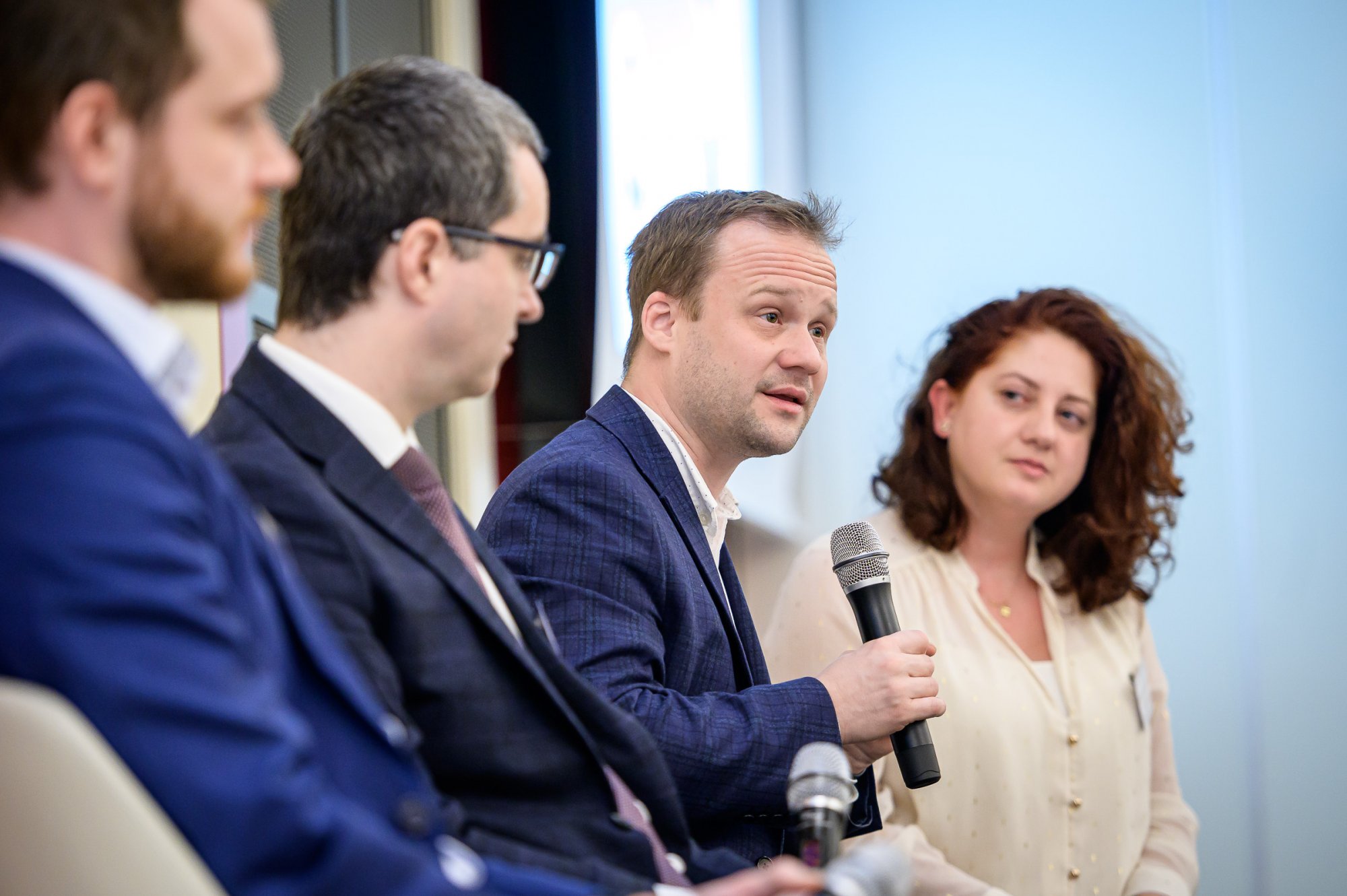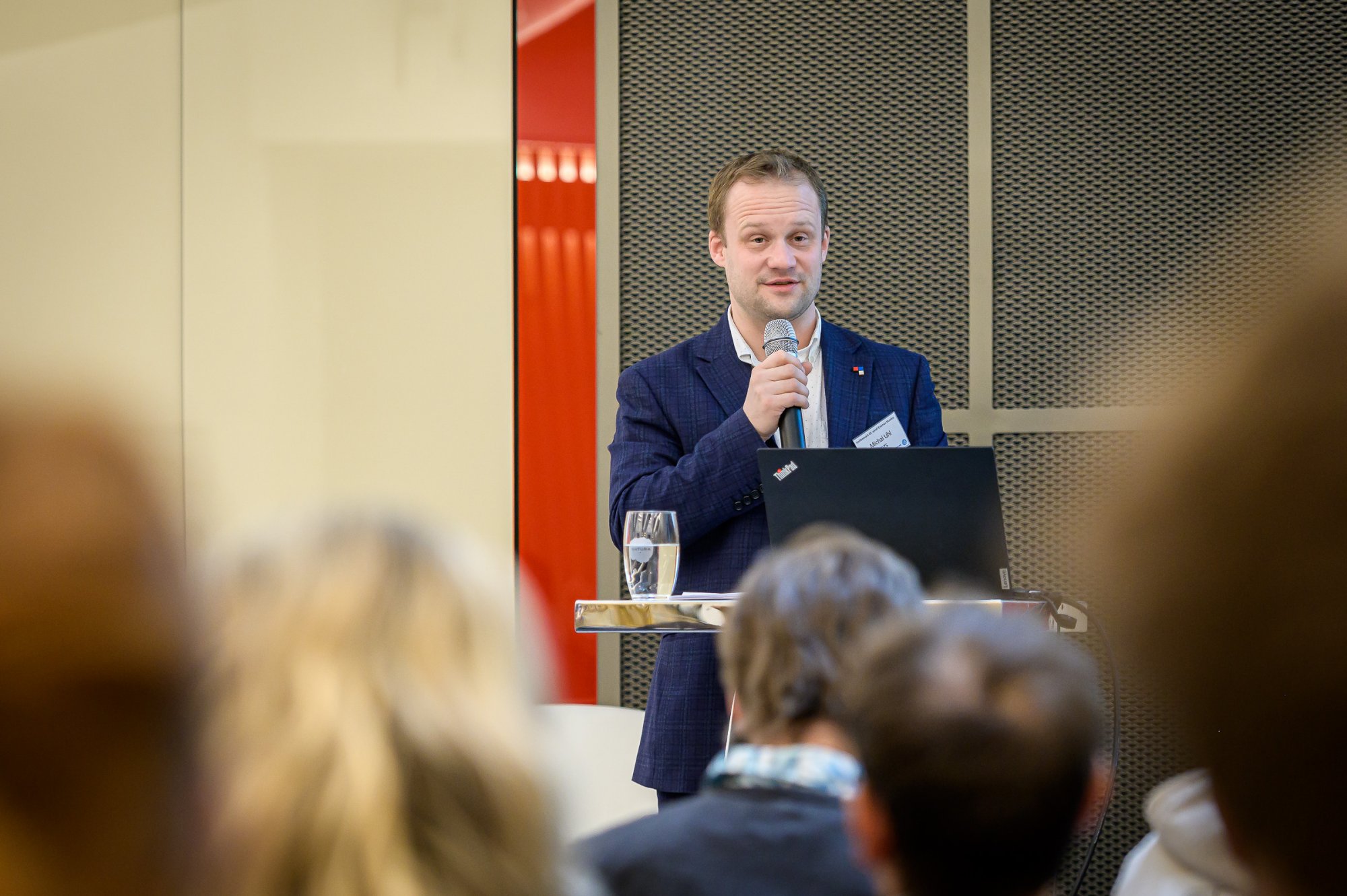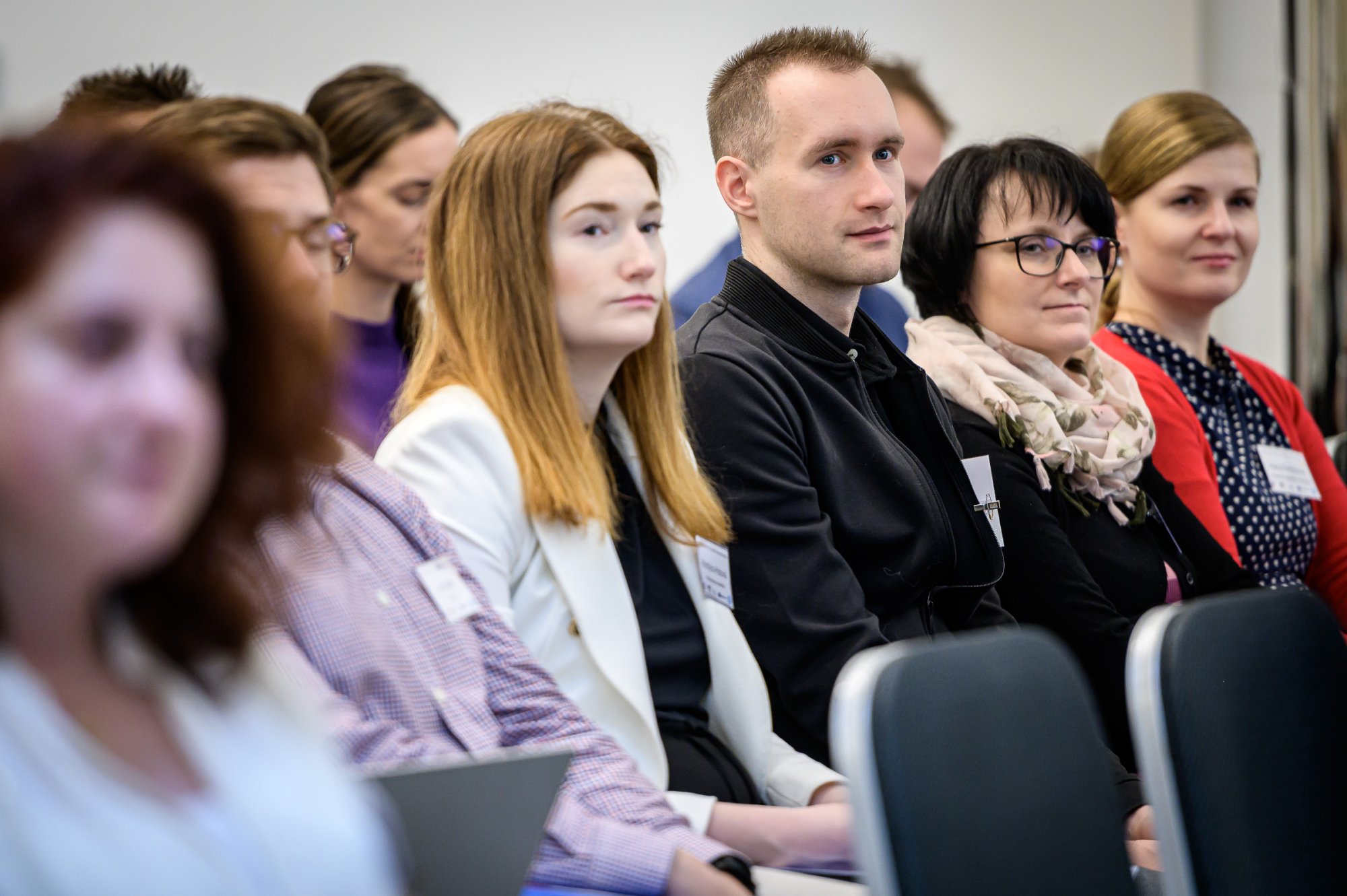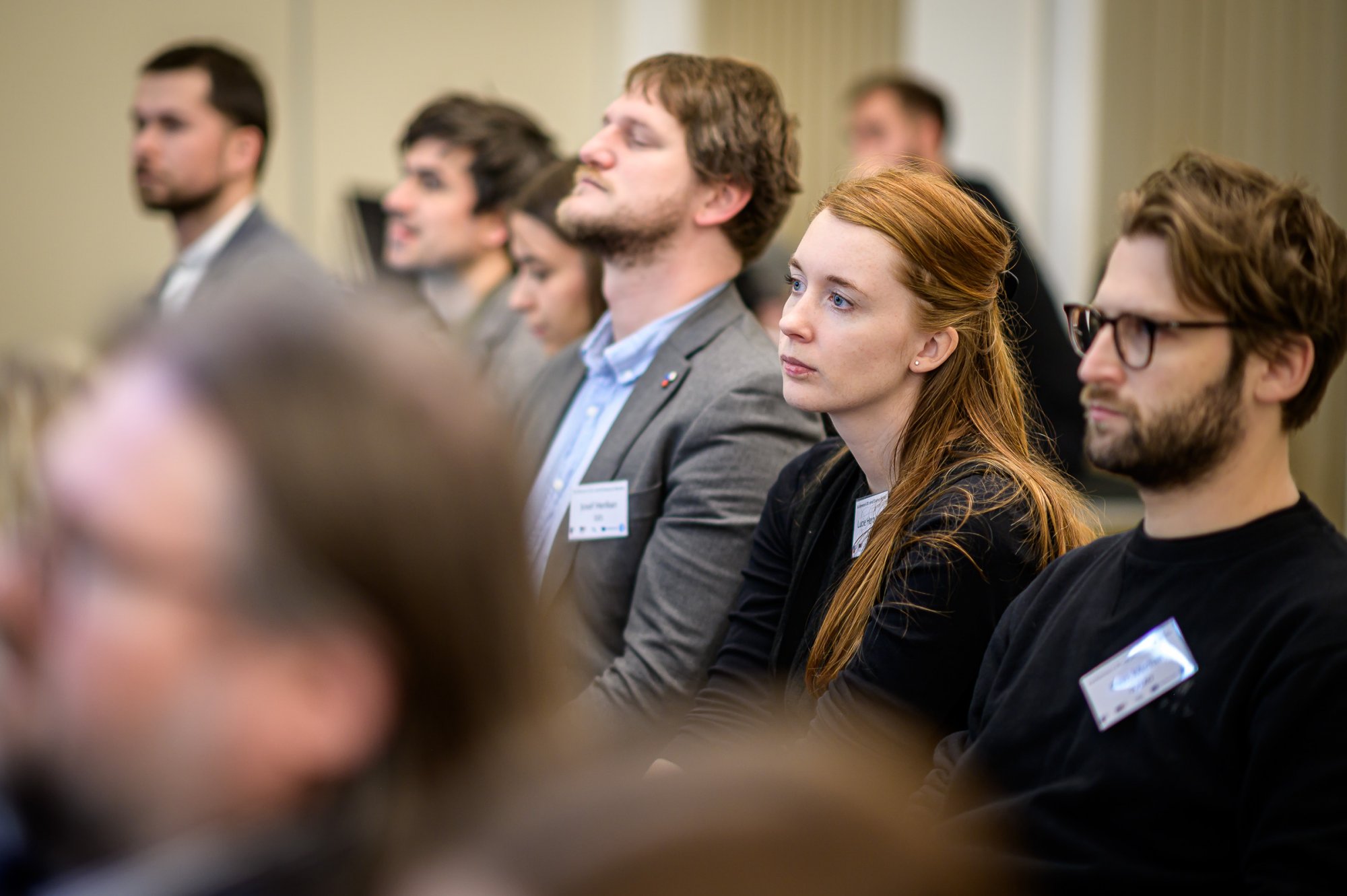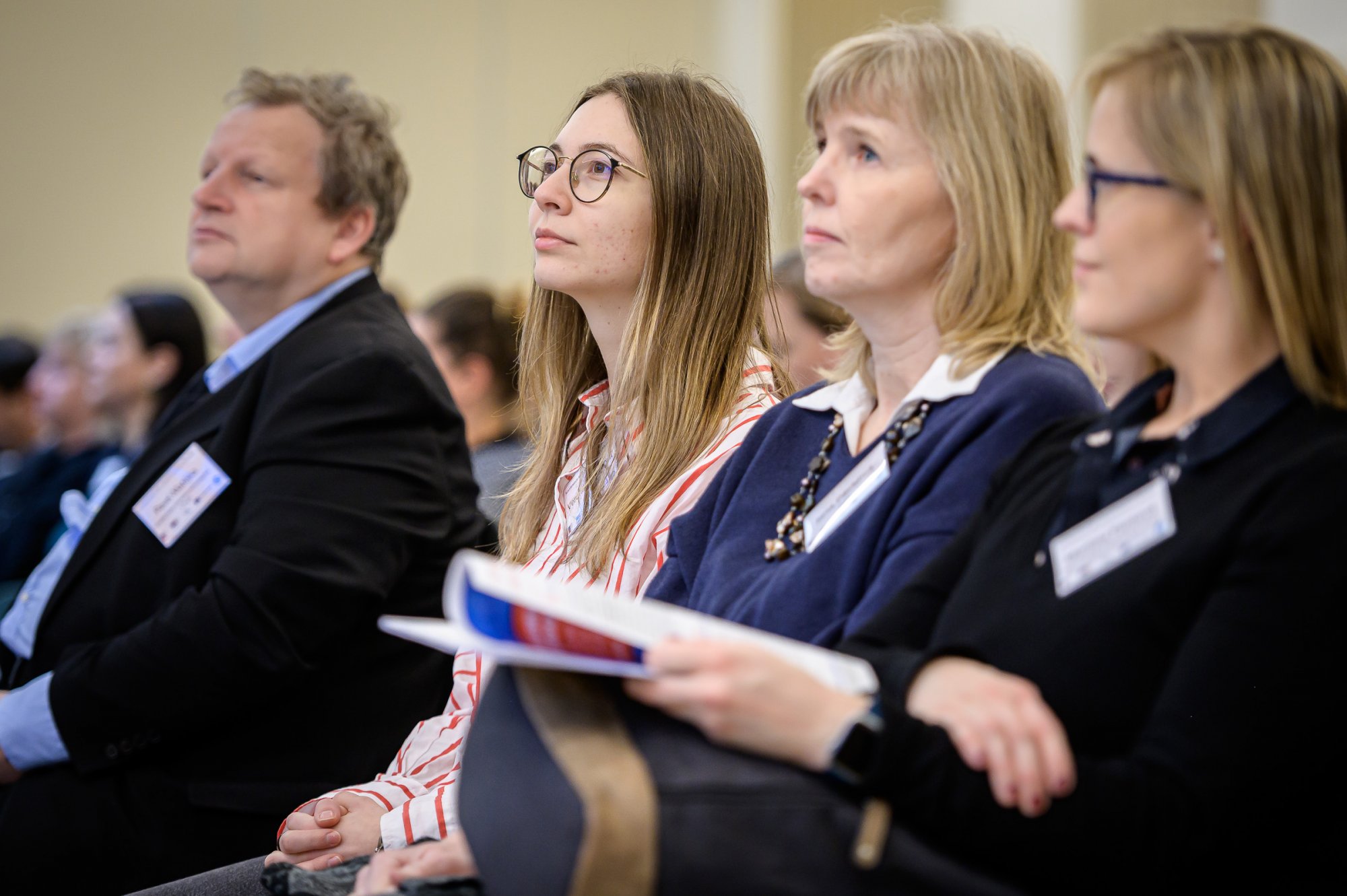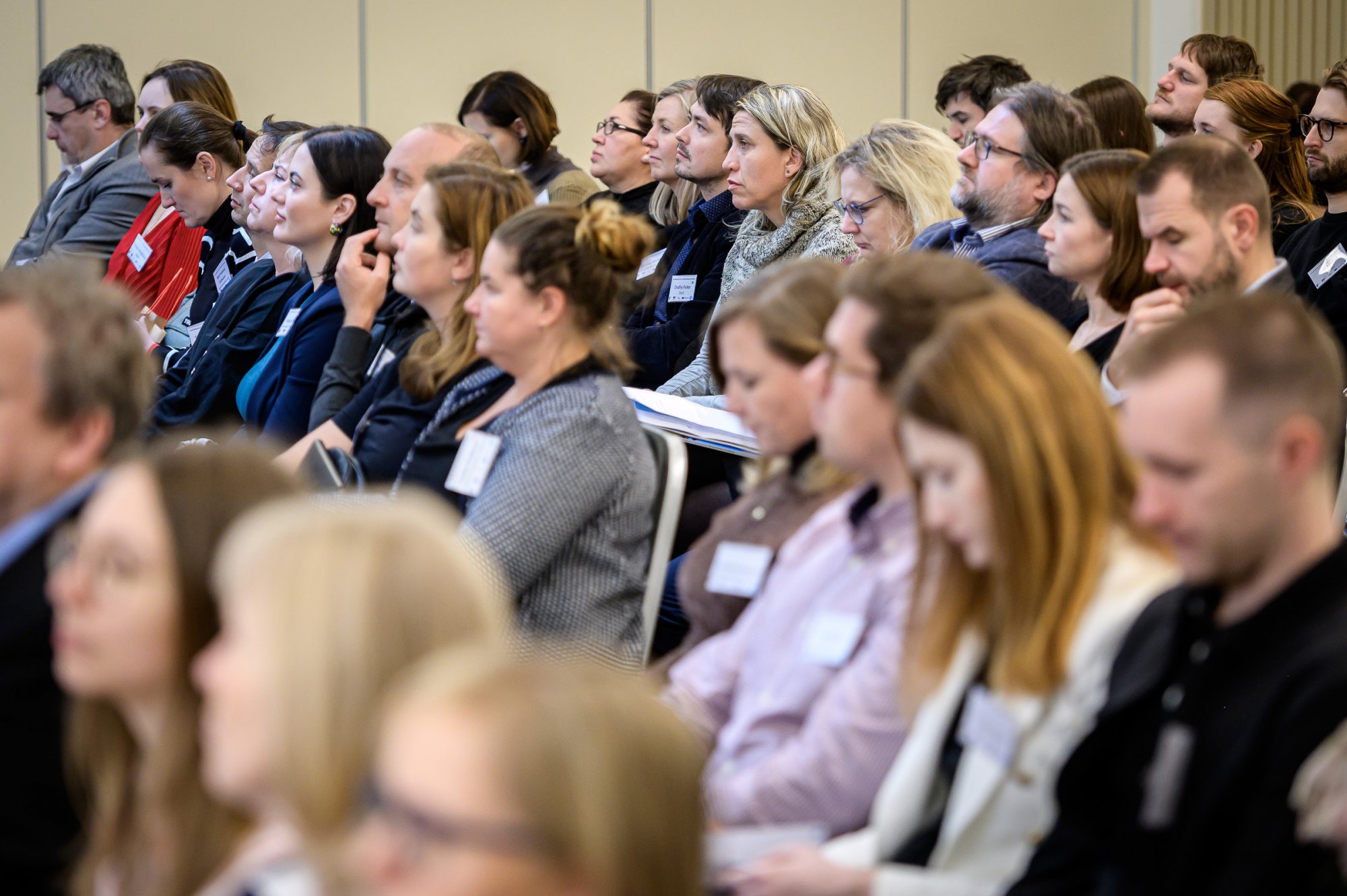Twenty years with Erasmus Mundus. Why do we need it more than ever?
The 20th anniversary conference highlighted the achievements to date and outlined future challenges for this initiative.

After the European University Alliances, it is Europe's most important instrument for close international cooperation between universities and one of the pillars of the internationalisation of higher education in the European Union. Erasmus Mundus, formerly a stand-alone programme and since 2014 an action under the more famous Erasmus+ programme, celebrated its 20th anniversary this year. In its current form, it promotes international cooperation projects between higher education institutions working together to deliver excellent Master programmes that attract talented students from all over the world.
By supporting highly integrated international Master programmes leading to either a joint degree or multiple degrees and facilitating student and staff mobility, Erasmus Mundus increases the attractiveness of European higher education worldwide. In the light of recent major reports (Letta, Draghi and Heitor) highlighting structural challenges in European science, research, innovation and education, Erasmus Mundus thus represents an important part of the mosaic of strategic framework programmes for the modernisation of Europe.
On the occasion of the 20th anniversary, we organised a conference in Prague on 9 December, bringing together representatives of Czech participating and non-participating universities and the state administration. There are now 10 Czech universities involved in the Erasmus Mundus action, three of which are also coordinators of joint Erasmus Mundus programmes. For more information on Czech participation and the history of Erasmus Mundus, see our latest publication.
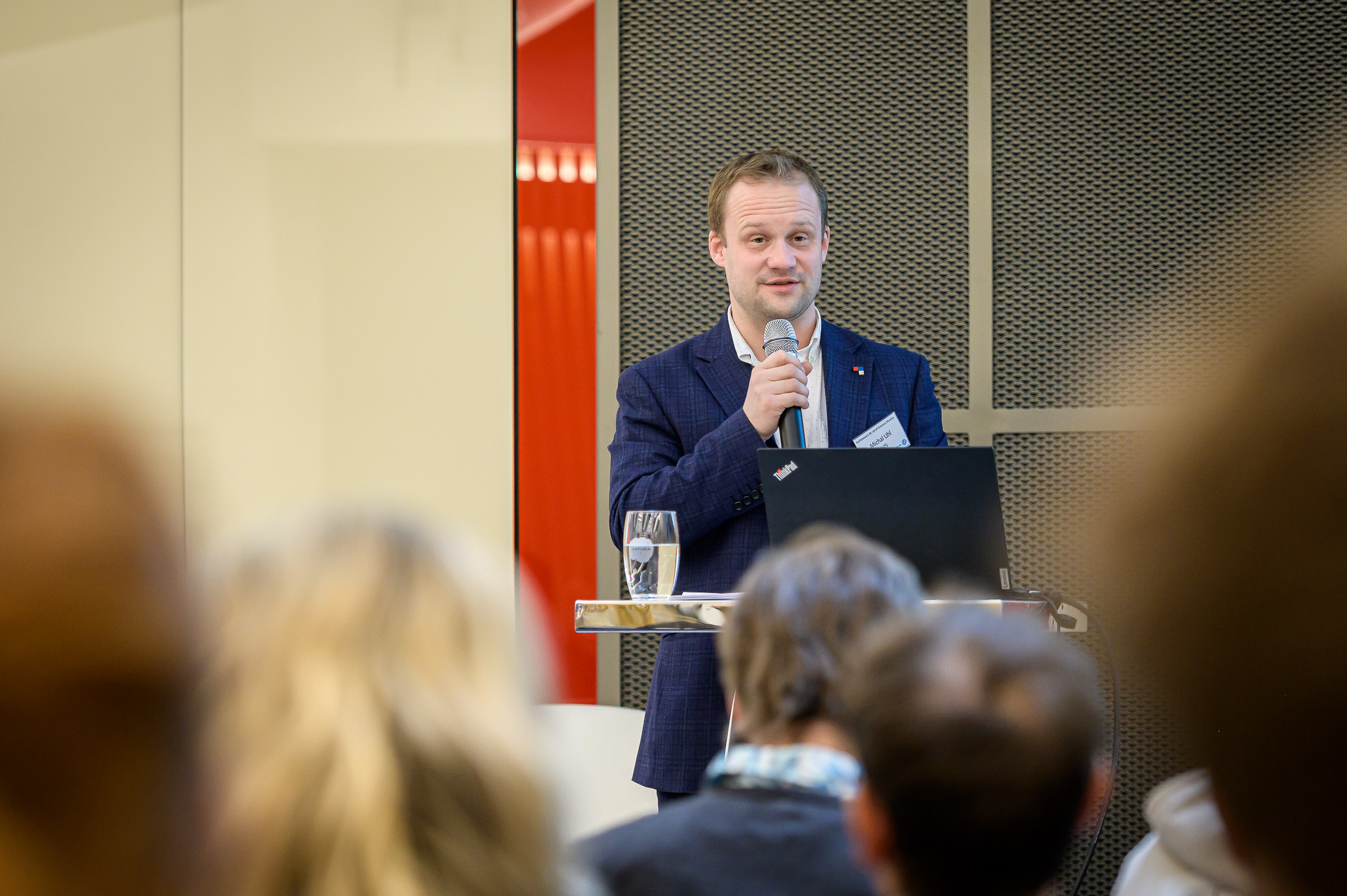
"With a budget of almost €1 billion for Erasmus Mundus and €25 billion for the whole Erasmus+ programme over the seven-year period, Erasmus Mundus represents a major and proportionally significant activity. It not only promotes the harmonisation of European education policy, but also forces institutions to agree with each other, which is crucial for the future of the pan-European education system," said Michal Uhl, Director of Czech National Agency for International Education and Research (DZS), which informs about the opportunities under Erasmus Mundus through its Czech Liaison Office for Education and Research in Brussels (CZELO), in his opening speech.
The three panel discussions at the conference focused on the impact of Erasmus Mundus on three levels: on students and graduates, on institutions and finally on the whole education system in Czechia and Europe. What did the debates show about the current state of play and what challenges lie ahead for the programme?
Interdisciplinarity, competence and contacts for life
Why is Erasmus Mundus an exceptional scholarship programme for the students themselves? The answer lies in its unique design. Joint Master programmes offered by university consortia from different countries, both within and outside Europe, allow students to experience different approaches and perspectives on their field of study.
"The first semester in Budapest was for all students, then everyone could choose which universities to continue at - whether in Paris, Québec, Prague or Catania. The interdisciplinarity of the programme, combining a historiographical, anthropological or sociological approach, was a great asset," recalled Veronika Jarošová, a graduate of the two-year TEMA+ European Territories - Heritage and Development bilingual programme (English and French).
The international aspect of the whole curriculum, getting to know the local academic environment and culture, and living with students from all over the world for several months, has a lasting impact on students' lives even after graduation. Gabriella Mikiewicz, an EMMIR graduate from the USA, summed up the debate on behalf of all three panellists (in addition to Veronika Jarošová, an IMSISS alumnus Aditya Khurana from India also participated in the debate): "I work as a consultant, and I deal with migration issues. Thanks to Erasmus Mundus I have gained a deep knowledge of such a complex issue, which gives me a competitive advantage. I have also gained valuable contacts all over the world. Without Erasmus Mundus, my life would not have been what it is now."
"Historic Milestone". Erasmus Mundus as a modernisation tool for universities
In the subsequent discussion on the impact on the institutions themselves, representatives of three Czech universities, which are also the only coordinators of Erasmus Mundus consortia in Czechia, debated: Martin Mejstřík (Charles University), coordinator of the European Politics and Society - Václav Havel Joint Master Programme, which was recently awarded a prize by the European Commission, Lenka Dušková (Palacký University in Olomouc), local director of the Global Development Policy programme, and Pavel Matějka (University of Chemistry and Technology Prague), vice-rector for external relations and communication.
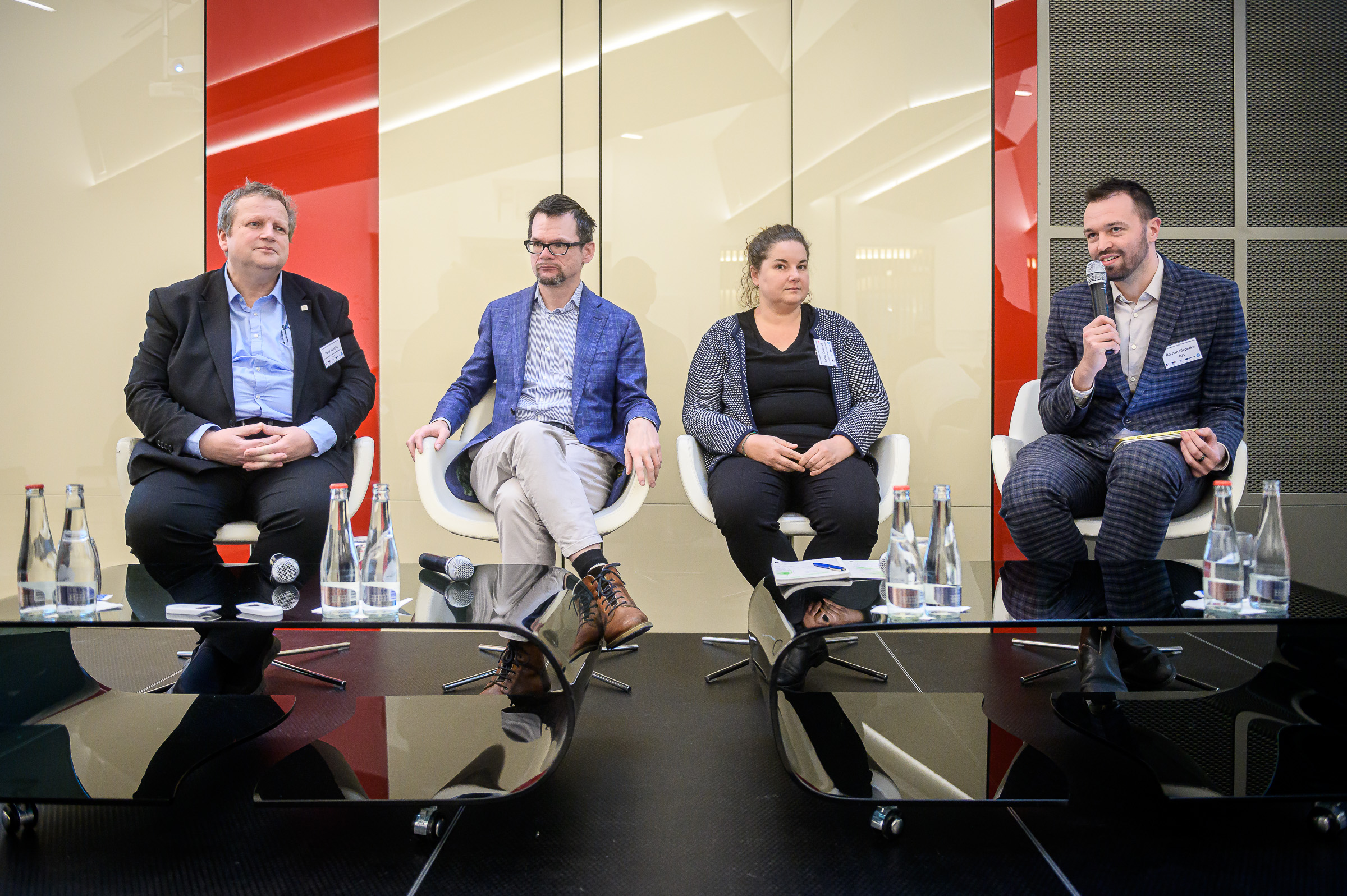
All panellists agreed on the profound formative effect that Erasmus Mundus has for institutions. It enhances the global competitiveness of European universities, and the concept of a European Degree, which could be more closely linked to Erasmus Mundus in the future, is of particular importance in this context. The concept of European Degree was presented this spring by the European Commission in the so-called Higher Education Package, and the proposed criteria for this degree were also derived from the experience of the long-running Erasmus Mundus programmes.
Lenka Dušková pointed to the comprehensive benefits of the joint degree compared to multiple degrees: 'A joint degree not only increases the prestige of our programmes but also forces institutions to cooperate and coordinate more deeply across borders, which is key to achieving high standards of education.' Martin Mejstřík recalled the major modernising effect that the joint degree has had on a particular, in this case very traditional, university. “For the first time in our six hundred- and fifty-six-year history, we have issued a diploma that is written in both Czech and English. This step represents a revolutionary change that opens the door for further innovations not only within our institution, but also in the entire Czech higher education system."
At the same time, however, Mejstřík said that joint degree programmes still face many challenges, for example, regarding the need for several parallel accreditations at the national levels. In particular, he pointed out that several countries, including Czechia, still do not recognise a single European accreditation of joint programmes, the European Approach for Quality Assurance of Joint Programmes, although all Bologna Process countries committed to it in 2015.
Openness as the key to a competitive learning environmen
The final discussion on the structural impacts of the programme brought together representatives of national stakeholders: Michal Uhl from DZS, Jan Polák from the Czech Rectors' Conference and Tomáš Fliegel, Vice-Chair of the National Accreditation Bureau for Higher Education. In the context of the entire education system in Czechia and Europe, Erasmus Mundus is of fundamental importance.
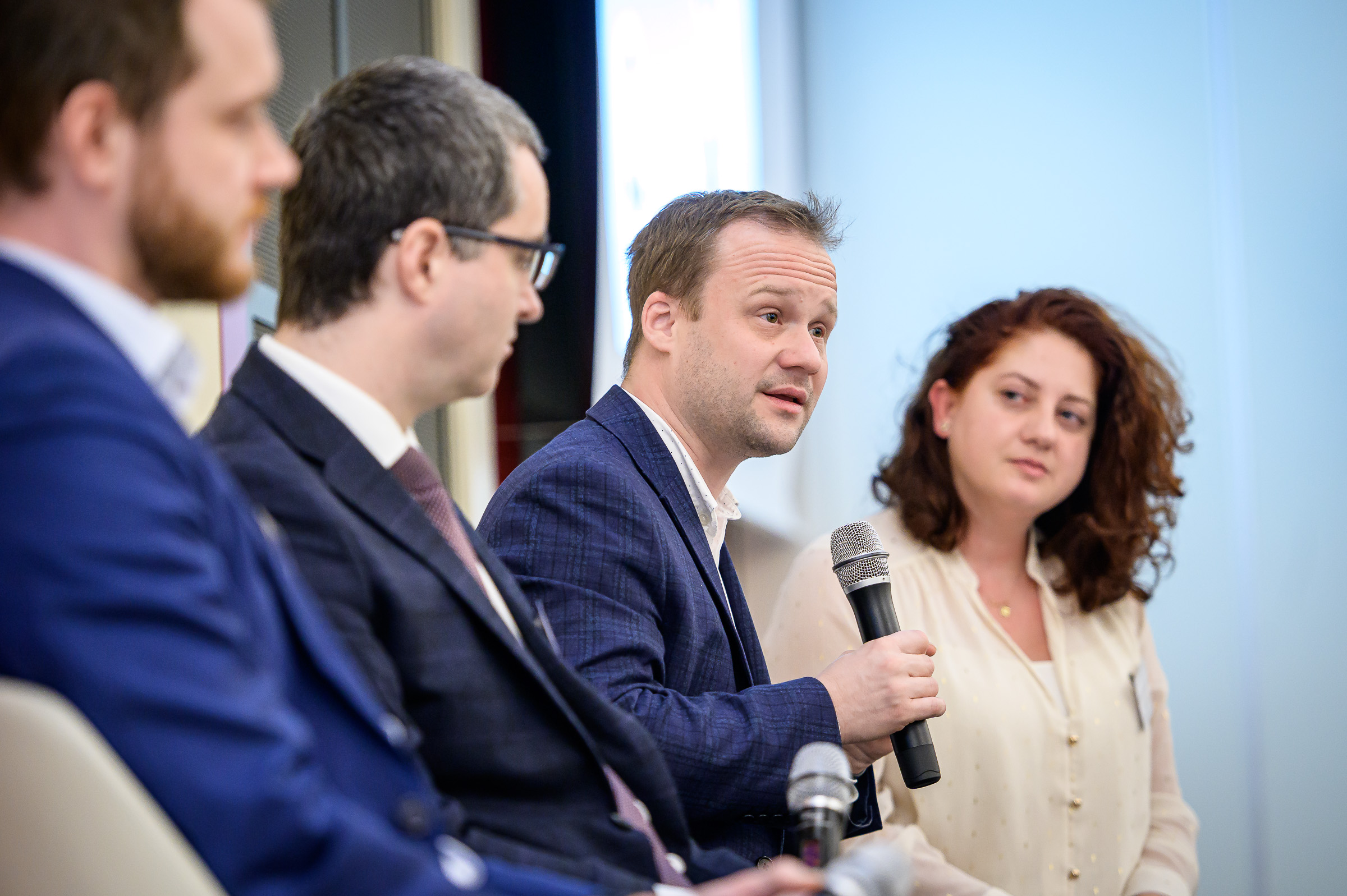
As Fliegl noted, the programme acts as a catalyst for profound institutional change. "Erasmus Mundus has an impact on cooperation between institutions, leading to a transformation of the whole system, from legislation to accreditation." Jan Polák added: "Erasmus Mundus shows that it is succeeding in supporting European and Czech efforts, which is reflected in easier cooperation at state and university level."
Michal Uhl from DZS reminded how the participation of Czech universities in this initiative contributes to the promotion of Czech education on the international scene and increases its attractiveness for foreign students. The emphasis on international cooperation and mobility of students and academics is key to the development of an open and competitive educational environment. However, he also pointed out that the Erasmus Mundus consortia unfortunately face problems with visa processes, which makes the main task of this initiative - to attract talented students from all over the world to Europe - more difficult. It is therefore important that all Czech system actors work together to facilitate the implementation of these excellent study programmes.
Erasmus Mundus as an inspiration for the transformation of higher education
In its twenty years of existence, Erasmus Mundus has produced a number of useful findings that could serve as good practice and inspiration for setting strategic educational frameworks in European higher education. This was highlighted by Tereza Svobodová, who focuses on Erasmus Mundus at CZELO. "Erasmus Mundus has shown possible ways to align the different national accreditation but also legal requirements for joint programmes into one joint degree. Also, the so-called mobility windows, i.e. the dedicated timeframes within the curriculum for students to study at a foreign university, which are an integral part of Erasmus Mundus, could become an inspiration for the whole system."
The European Commission has currently announced the deadline for applications for Erasmus Mundus under the Erasmus+ Call 2025, which will be on 13 February next year.
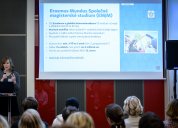
Foto: Petr Zewlakk Vrabec / DZS

Foto: Petr Zewlakk Vrabec / DZS

Foto: Petr Zewlakk Vrabec / DZS

Foto: Petr Zewlakk Vrabec / DZS

Foto: Petr Zewlakk Vrabec / DZS

Foto: Petr Zewlakk Vrabec / DZS

Foto: Petr Zewlakk Vrabec / DZS

Foto: Petr Zewlakk Vrabec / DZS

Foto: Petr Zewlakk Vrabec / DZS

Foto: Petr Zewlakk Vrabec / DZS

Foto: Petr Zewlakk Vrabec / DZS

Foto: Petr Zewlakk Vrabec / DZS

Foto: Petr Zewlakk Vrabec / DZS

Foto: Petr Zewlakk Vrabec / DZS

Foto: Petr Zewlakk Vrabec / DZS

Foto: Petr Zewlakk Vrabec / DZS

Foto: Petr Zewlakk Vrabec / DZS
